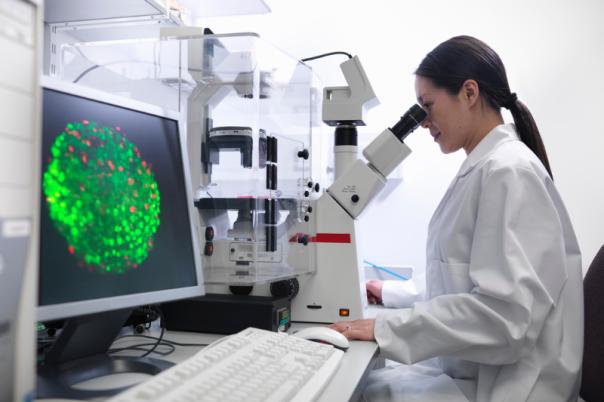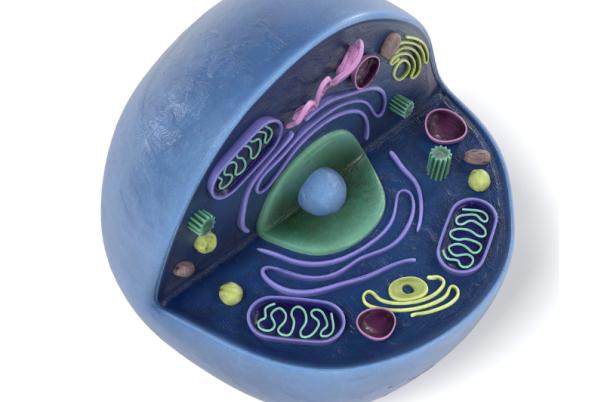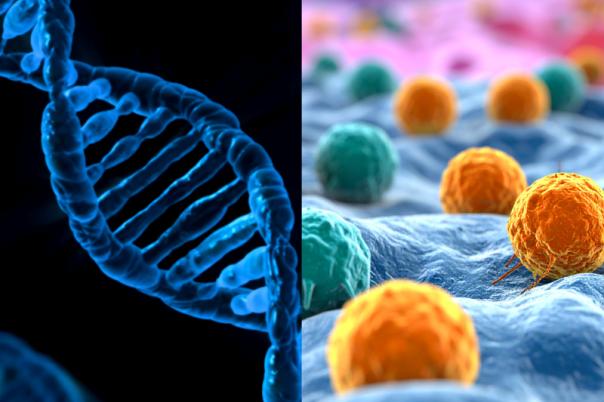Epicrispr Biotechnologies has announced it has raised $68 million in funding for the clinical development of EPI-321, a gene therapy for facioscapulohumeral muscular dystrophy (FSHD).
FSHD is a genetic neuromuscular disease that causes progressive degeneration of the muscles, primarily in the face, shoulders, and upper arms. The disease is caused by a loss of methylation on the D4Z4 repeat array, which produces toxic expression of the DUX4 gene on chromosome 4. This leads to muscle cell death and tissue degeneration.
These funds were secured in the first close of the company’s Series B financing. The effort was led by Ally Bridge Group in partnership with SOLVE FSHD, a venture philanthropy organization founded by Chip Wilson, an FSHD patient and founder of athletic apparel retailer Lululemon.
“We are developing a first-in-class, one-time epigenetic therapy that targets the genetic root cause of FSHD,” said Amber Salzman, Epicrispr’s CEO. “The Series B financing and regulatory clearance to begin our first-in-human trial marks a pivotal milestone as we become a clinical-stage company.”
Epicrispr plans to use the funds to support EPI-321’s upcoming clinical trial, as well as other R&D efforts elsewhere in their pipeline. The trial is expected to begin in 2025 and will evaluate the safety, tolerability pharmacodynamics, and biological activity of a one-time IV administration of EPI-321 in adults with FSHD.
The investigational gene-therapy is a potential cure for FDHD. Delivered using an AAV payload, it remethylates the D4Z4 region and suppresses the toxic gene. EPI-321 has been preclinically validated for efficacy.
EPI-321 has so far received FDA Fast Track, Rare Pediatric Disease, and Orphan Drug designations.








